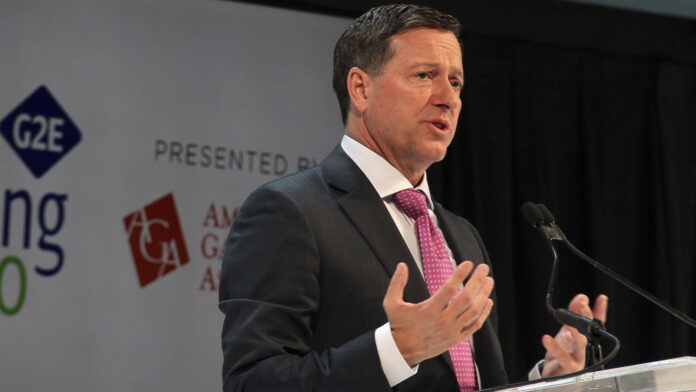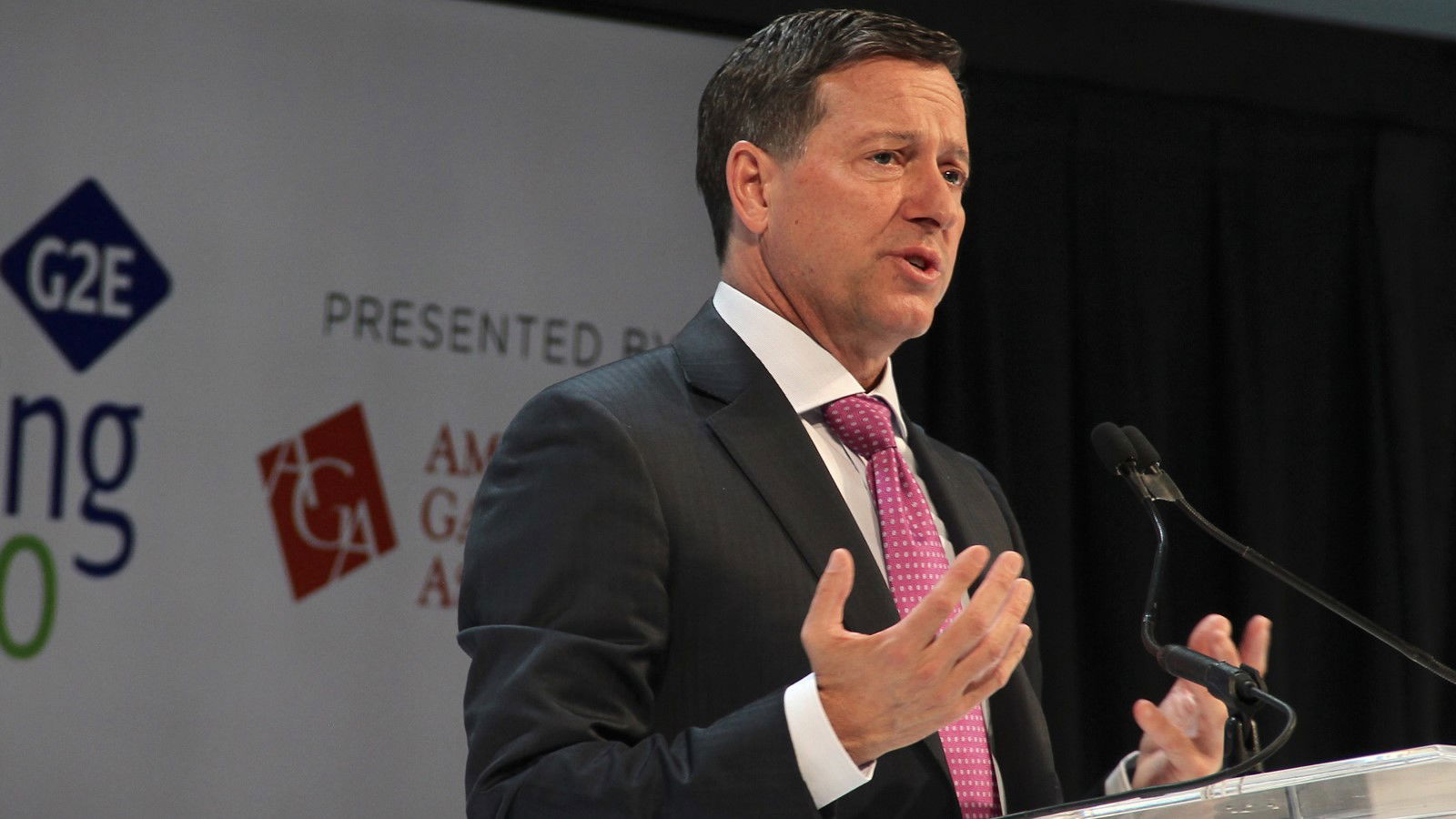The Federal Trade Commission (FTC) announced a new rule to put a stop to surprise charges by banning so-called junk fees on short-term lodging as well as on tickets to live events.
As per the announcement, the new bipartisan rule prohibits businesses from using bait-and-switch pricing and other tactics used to hide total prices and bury junk fees, preventing the practice of advertising a low price and then tacking on additional fees later on. For the gaming industry, this is aimed at casino resorts that charge resort fees.
While such fees will not be banned under the new rule, resorts will be required to “clearly and conspicuously disclose the true total price inclusive of all mandatory fees” for any short-term lodging. It will also require the total price of lodging to be displayed “more prominently than most other pricing information.”
Any resorts that do exclude fees from advertised prices must “clearly and conspicuously disclose the nature, purpose, identity, and amount of those fees” before payment is consented. The FTC claims the rule is primarily a timesaver, in that consumers will spend less time searching for deals. The commission estimated Americans will save 53 million hours annually looking at pricing information.
“The FTC’s rule will put an end to junk fees around live event tickets, hotels, and vacation rentals, saving Americans billions of dollars and millions of wasted hours,” FTC chair Lina Khan said in a statement. “I urge enforcers to continue cracking down on these unlawful fees and encourage state and federal policymakers to build on this success with legislation that bans unfair and deceptive junk fees across the economy.”
The Commission launched this rulemaking in 2022 by requesting public input on whether a rule could help eliminate unfair and deceptive pricing tactics. After receiving more than 12,000 comments on how hidden and misleading fees affected personal spending and competition, the FTC announced a proposed rule in October 2023 and invited a second round of comments. More than 60,000 additional comments were received, which were considered in developing the final rule announced on Tuesday.
“We all know the experience of encountering a hidden fee at the very last stage of checkout—these junk fees sneak onto your bill and companies end up making you pay more because they can,” President Biden said in a statement. “Those fees add up, taking real money out of the pockets of Americans … Today’s announcement builds on work across my Administration to ban junk fees and lower costs—saving many families hundreds of dollars each year.”
It should be noted that the fees themselves are not going away, which would have been the real needle-mover. Properties charge such fees to cover amenities such as Wi-Fi, shuttle services, gyms and pools, and more. Because of this, the industry has fought back on the notion they are simply “junk” fees with no value, and it also argues that all fees are already sufficiently disclosed prior to payment.
MGM Resorts has raised its Las Vegas resort fees twice this year alone, first in January and again this month. Currently, those staying at MGM’s Strip properties pay resort fees of $45-$55 per night.
Bill Miller
The Nevada Resort Association argued previously that the state’s resorts already disclose such fees. Furthermore, AGA president and CEO Bill Miller also previously penned a letter to the FTC lobbying against the rule change.
“Resort fees are a signal to our customers that they will get more than just a well-appointed room,” Miller said in February 2023. “Because these extra amenities and services come at a cost to the resort, patrons are charged a resort fee — they are inherently valuable and therefore should not be considered “junk”.”















